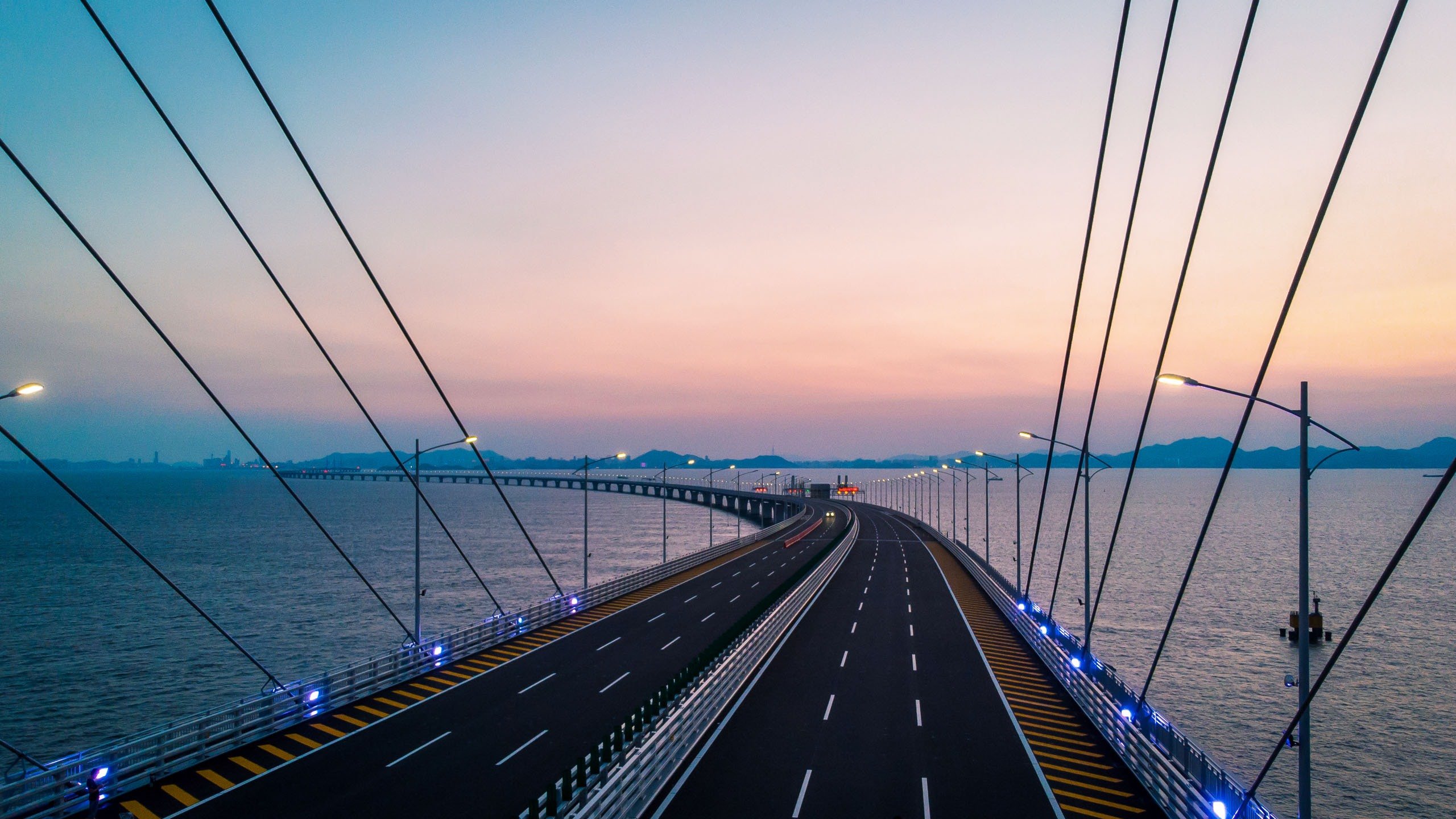A. Summary
California recently amended its state workers compensation laws to create a rebuttable presumption that COVID-19 injuries arise out of an employment relationship and are compensable. This change to California’s workers compensation laws are unlikely to impact claims by seamen or longshore and harbor workers arising from COVID-19-related injuries.
B. SB 1159 – Summary of Changes to California Workers’ Compensation Provisions.
Senate Bill 1159 (SB 1159 or the Bill) was approved by Gavin Newsom, the Governor of California on September 17, 2020. The Bill amends the California Labor Code to expressly extend California’s Workers’ Compensation protections to include COVID-19 (under specified circumstances) until January 1, 2023. The Bill also creates a rebuttable presumption that the injury arose out of and in the course of the employment and is compensable after 30 or 45 days (rather than 90 days). The Bill creates a presumption of injury for all employees whose fellow employees experience specified levels of positive testing, and whose employer has 5 or more employees.
The Bill requires that any employee first exhaust their paid sick leave benefits and meet specified certification requirements before receiving any temporary disability benefits.
C. SB 1159 is Unlikely to Impact Jones Act and LHWCA Claims.
As discussed above, Senate Bill 1159 amends California state labor laws as they provide for worker’s compensation benefits to employees working in California. They do not purport to amend or alter the federal compensation schemes that govern the treatment of Jones Act seamen or longshore and harbor workers. Indeed, the State of California does not have the authority to change the substantive law regarding remedies for seamen under General Maritime Law (GML), the federal Jones Act, nor under the federal Longshore and Harbor Workers’ Compensation Act (LHWCA). This is true even when the shipowner or operator is a California Corporation.
SB 1159 would of course apply more generally to out-of-state employers with employees working in California who are not subject to LHWCA, GML or the Jones Act, but are subject to California State workers compensation.
1. Seamen: The General Maritime Law and the Jones Act.
Seamen injury claims are governed by federal, not state, law. This is true even when the ship owner is sued in state court. GML provides generally that a seaman who contracts a disease while in the service of a vessel will be entitled to Maintenance and Cure (M&C) from his employer. (M&C remedies also include unearned wages). M&C remedies are “no fault” and arise out of the employment relationship. The medical condition need not be related to the seaman’s work (e.g., a heart condition), as long as it manifests while the claimant had “seaman” status vis-a-vis a particular employer.
If a seaman were to develop COVID-19 symptoms or test positive while working aboard a vessel, (s)he would likely be entitled to M&C benefits. If, however, the seaman was to develop COVID-19 symptoms or test positive after departing the vessel, there would be a question of fact as to whether COVID-19 manifested itself while (s)he was in the service of a vessel. Notwithstanding the foregoing, this question of fact will generally be resolved in favor of the seaman and his/her entitlement to M&C benefits. It is also possible that a plaintiff’s attorney may invoke SB 1159 as persuasive authority, but the law does not directly alter the existing legal scheme.
The Jones Act affords a seaman a cause of action for the negligence of their employers and if established, damages in addition to M&C including compensation for all past and future loss of income, expense of medical care, pain and suffering and disability. 46 U.S.C. § 30104. Of course, to establish a COVID-19 claim under the Jones Act, a seaman would need to establish not only that (s)he contracted COVID-19 as a result of his/her employment on the vessel, but also that the employer was negligent.
2. Longshoremen: LHWCA
Similarly, California cannot change the federal LHWCA compensation scheme. Under the LHWCA, the harbor worker must prove that they suffered an “accidental injury” or “occupational disease” in the course of their employment to be entitled to compensation. 33 USC 902(2). Whether COVID will be considered an “accidental injury” or “occupational disease” is an open question.
However, with respect to the LHWCA, it should be noted that the HEROES Act (a federal COVID stimulus package, still in bill form) includes a proposed rule that a worker with a COVID-diagnosis “shall be deemed to have an injury arising out of or in the course of employment …. And be paid the compensation to which the employee is entitled” under the LHWCA. The bill also provides a provision for reimbursement of the employer’s expenses for the covered employee, provided the employer complied with applicable health and safety regulations. (See Section 120501 of the HEROES Act). The HEROES Act has passed the House of Representatives and awaits passage in the U.S. Senate. Separately, the International Longshore and Warehouse Union (ILWU) on the West Coast recently amended their agreement with the Pacific Maritime Association (PMA) to add a COVID -19 Sick Leave Plan to the list of employee fringe benefits plans established under the ILWU-PMA Pacific Coast Longshore and Clerks' Agreement and subject to the FMC Agreement. 85 FR 39903 (June 25, 2020).
- Written in connection with Glen Piper, Tara Voss and Chris Tribolet – Peacock, Piper, Tong + Voss





